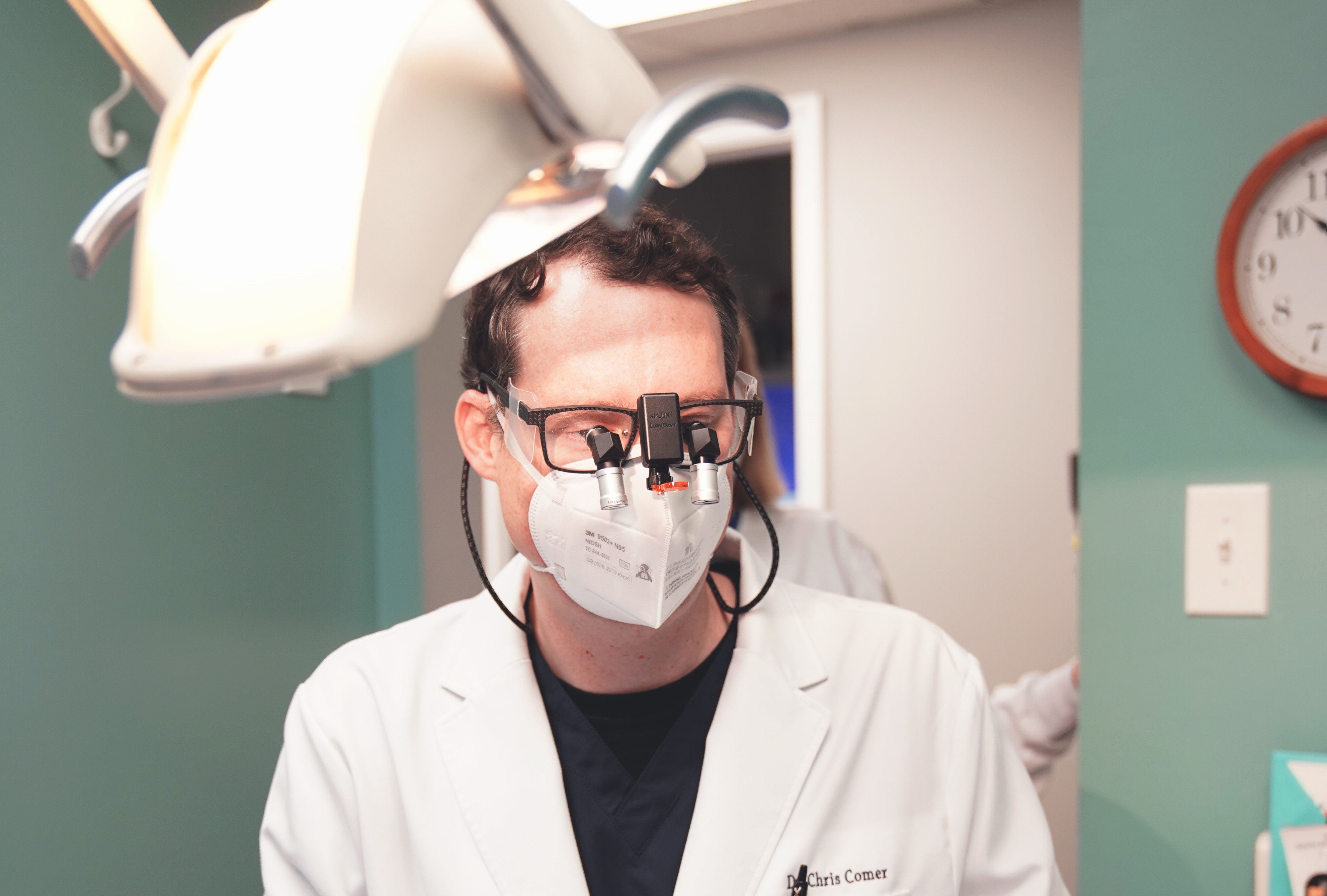How much do dental RCM services cost? 3 big questions answered


You’re in the middle of your dental RCM services research journey. You’ve heard of your colleagues turning to RCM providers to handle some of their billing-related tasks, and it sounds enticing.
But there’s a huge factor you’re still considering: Cost. Are dental RCM services going to be another huge expense to add to your list?
We get it: you need to know if the cost of these services will be a burden on your dental business.
You’re looking into RCM services because you know your team could use the support of experts when it comes to either insurance verification, claims processing, or patients billing — or all three!
And it’s true: When you have experts handling these processes, you’ll see fewer errors and collect more revenue sooner.
But you need a better understanding of your return on investment (ROI). And a cost comparison wouldn’t hurt either. So we’re answering 3 big questions you have about the cost of RCM services:
- What do RCM services cost versus hiring someone in-house?
- What factors affect the cost of my dental RCM services?
- What are common dental RCM services offered?
Let’s get into it.
What do RCM services cost versus hiring someone in-house?
Before making your decision, it’s crucial to compare the cost of hiring an in-house insurance coordinator to hiring dental RCM services. So let’s break it down with a simple comparison that only takes insurance collections into account — not patient billing or other services.
As of September 2023, Glassdoor reports, “The estimated total pay for a Dental Insurance Coordinator is $67,493 per year in the United States area, with an average salary of $54,113 per year. These numbers represent the median, which is the midpoint of the ranges from our proprietary Total Pay Estimate model and based on salaries collected from our users.”
Related: The cost of revenue cycle management services vs. in-house dental billing: 5 questions answered
Let’s stick with $67,493 as an insurance coordinator’s annual salary, so we can work with the higher end of what you can expect to pay — assuming you would hire someone with years of experience.
Accounting for federally mandated benefits and dividing that number by 12 months, the cost to the employer per month for an in-house Dental Insurance Coordinator is $6,493.
The average range for RCM companies’ insurance billing services to collect around $50,000 per month is about $1,500 to $1,600 per month in fees. As with the salary, we’ll use the higher end number.
*Note that if your office collects $40,000 or less per month, DCS services' monthly cost starts at $1,400.
In-house Insurance coordinator monthly expense to employer: $6,493
DCS’ insurance billing services monthly fee: $1,600
$6,493 – $1,600 = $4,893 in savings per month when using RCM services.
To paint a bigger picture, let’s look at it as an annual expense. You’re paying your insurance coordinator $67,493 per year, but with federally mandated benefits, it adds up to $77,916 per year. At $1,600 per month, DCS’ insurance billing services are $19,200 per year. Now let’s look at the difference:
$77,916 – $19,200 = $58,716 in savings per year when using RCM services versus hiring a full-time insurance coordinator.
Imagine what you could do with an almost $60K extra every year.
And remember: With RCM experts handling your revenue cycle, you never have to worry about your insurance coordinator retiring, quitting, calling in sick, or going on extended leave.
For our most updated pricing, visit our DCS Pricing page.
What factors affect the cost of my dental RCM services?
The example in the comparison considers only DCS’ insurance billing services, as it happens to be our most popular service.
With this in mind, there are several factors that will affect your monthly cost of dental RCM services:
- Insurance revenue. The cost of insurance billing services directly correlates with the amount of insurance claims revenue you bring in.
- Size of your dental practice. The larger your practice, the more claims you’re processing. This might lead to your office working with more than one DCS billing expert, which will increase your cost.
- Start-up or new practice. DCS loves working with new dental practices, and we commend those getting ahead of the curve by partnering with RCM services from the beginning. Startups do require an initial software setup, which includes setups for the providers, claims, and fees.
- Multi-location dental practice. If you have multiple locations, this will impact pricing based on the number of locations and also the production and collection levels of each location.
- DSO or Emerging Group. DCS serves emerging dental groups and DSOs. We have pricing specific to each based on the structure and workflow of these business models, which are different from private practices.
- Number of services chosen. The more services you add for your dental business, the higher the cost of your RCM services.
By now, you might be thinking, “This already sounds expensive!” but remember the tens of thousands in savings from the cost comparison with hiring someone in-house.
Plus, we’d be remiss if we didn’t emphasize the return on investment (ROI) you’ll see when you use RCM services.
For example, in April 2023, we collected an average of $9,985 per office for dental businesses who use our patient billing services, with an average service fee of only $625 — an ROI of 1,596% on their partnership with DCS. That 4-digit ROI was typical from January though June 2023.
With this in mind, let’s cover what other services RCM providers offer.
What services are offered with DCS full-cycle RCM?
We can’t speak for every dental RCM provider, but many companies offer similar services to DCS. Here is a list of services we provide:
- Provider Credentialing: Get faster approval as an in-network provider with credentialing services. Read more
- Insurance verification: Insurance eligibility verified for every patient. Read more
- Insurance claims management: Ensure each insurance claim is submitted, followed-up on, and if necessary, appealed. Read more
- Patient billing: Automated patient billing sends prompt payment links via email or text to the patient. Patients can view credits and insurance payments online, and pay balances online with their preferred form of payment. Read more
- Consulting: Work one-on-one with an RCM expert to uncover personalized success strategies for managing your accounts receivable to increase cash flow.
Each step of dental revenue cycle management impacts the next. When you have RCM experts handling many of these steps, your workflows will be smoother with fewer errors, and result in more income with less hassle.
What will you do with your extra revenue from using dental RCM services?
To recap, we’ve answered the following question about the cost of RCM services:
- What do RCM services cost versus hiring someone in-house?
- What factors affect the cost of my dental RCM services?
- What are common dental RCM services offered?
Cost is a huge factor in the decisions about your dental business. But when you consider the increased, consistent cash flow you’ll see from having experts handle your revenue cycle management, plus the high returns on your investment, the decision becomes easy. And there’s more.
While RCM experts handle your billing tasks behind the scenes, your team is freed up to focus on running your office, nurturing its growth, and most importantly, serving your patients.
DCS works with dental businesses of all shapes and sizes, working to get you paid, so you can reach maximum productivity and profitability.
Get access to our pool of RCM experts: Book a call with us today.
Related Posts
Dental revenue resources from Dental Claim Support



